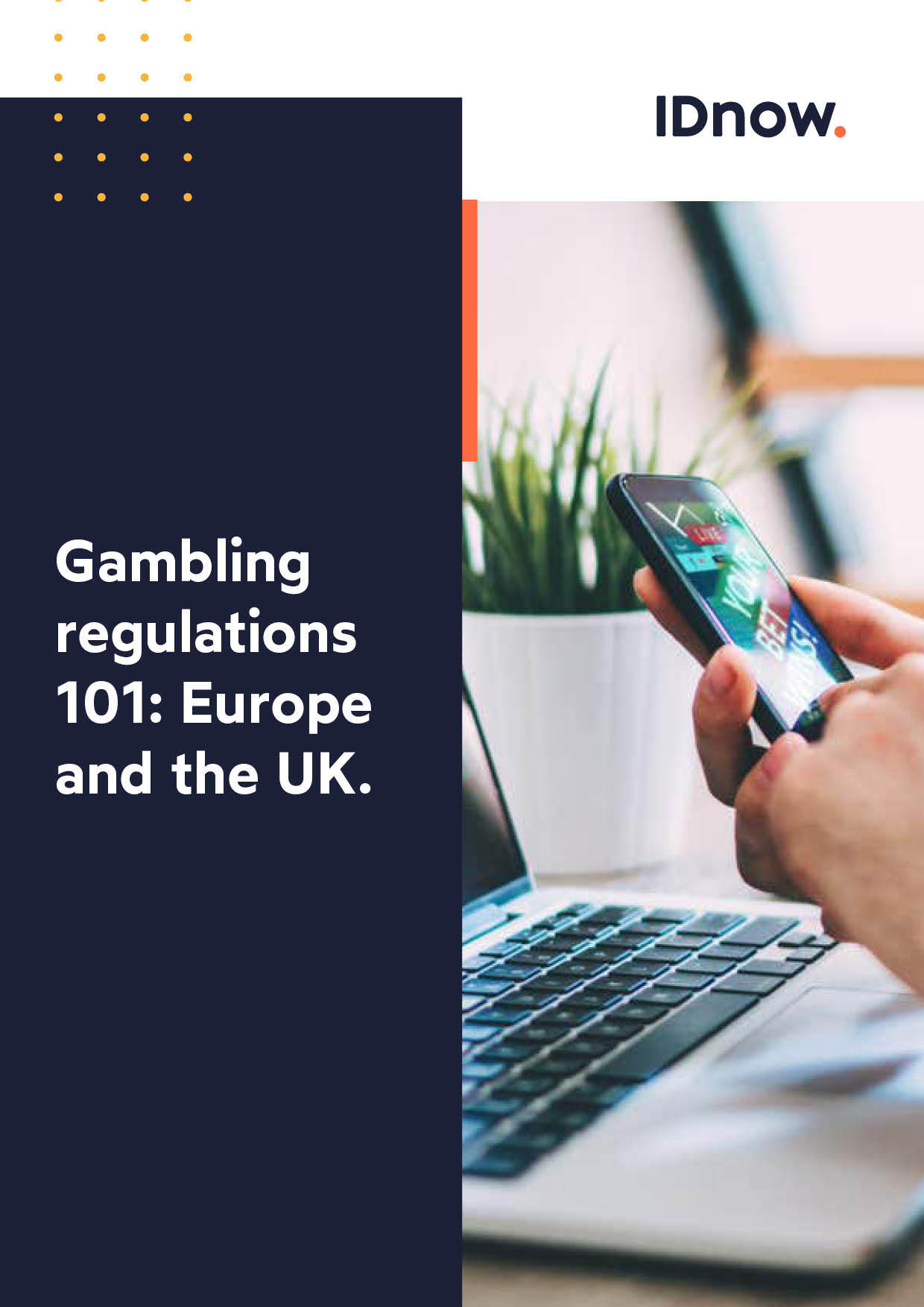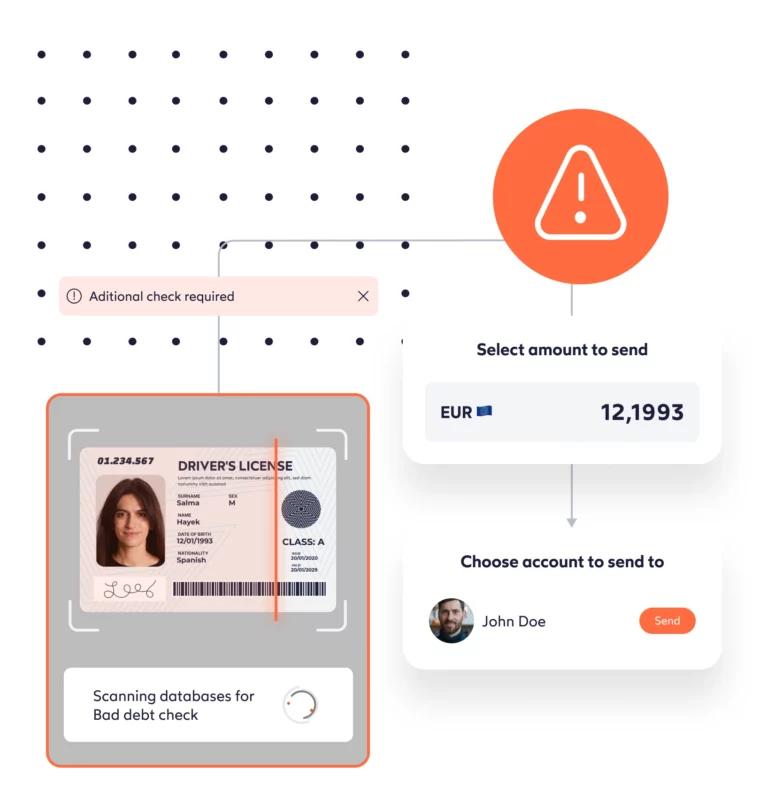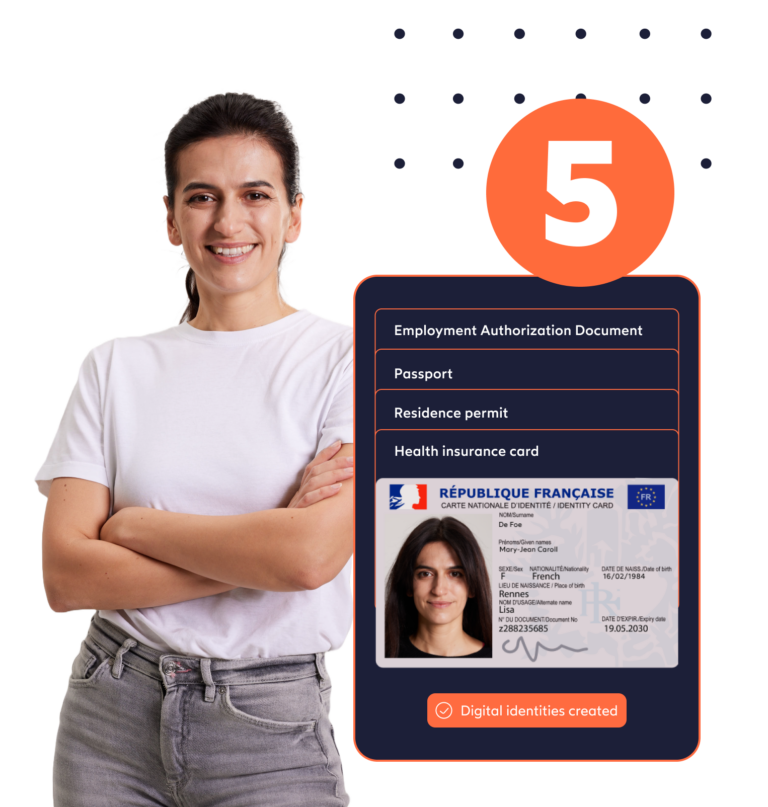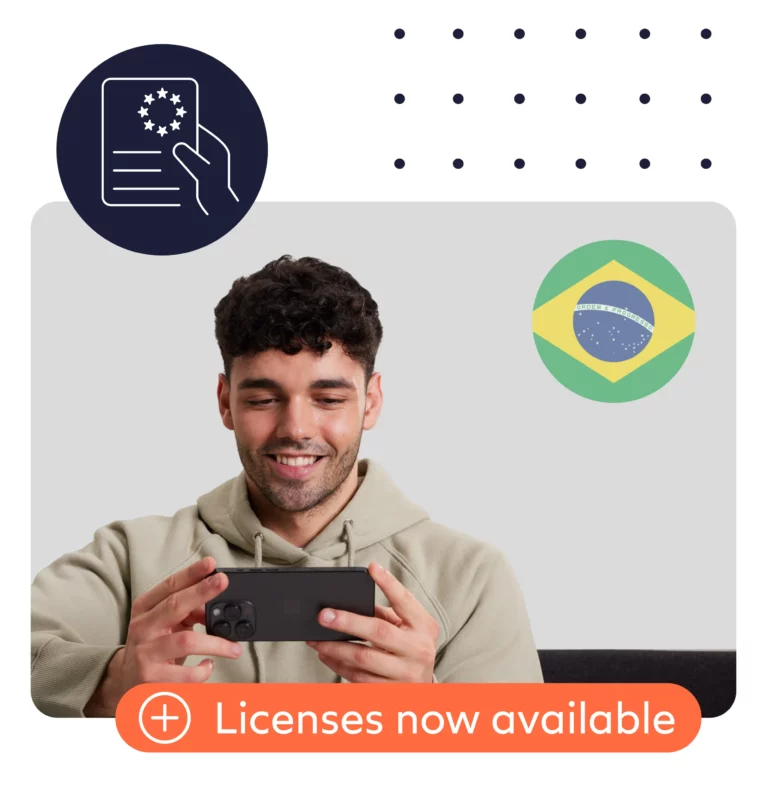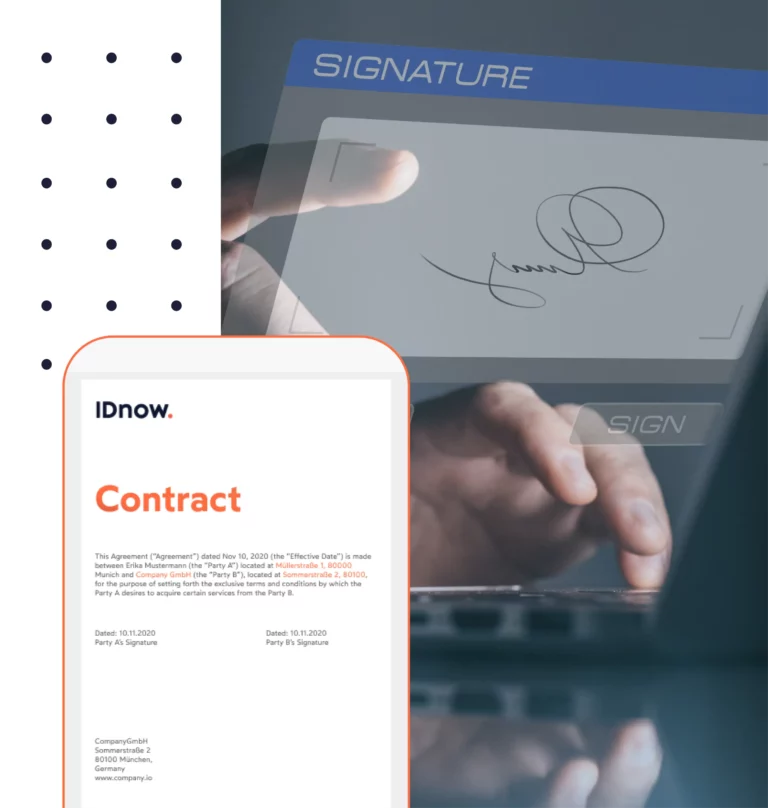What is the Malta Gaming Authority (MGA)?
The Malta Gaming Authority, or MGA, was set up in 2001; it aimed to regulate various gaming industry sectors falling under its authority. Malta has become the leading hub for e-gaming licenses, owing to the robust gaming framework put in place in 2004. Since then, the Remote Gaming Regulations of Malta led to the country being the first-ever EU member state to regulate remote gambling.
The Malta Gaming Authority has since earned its reputation as a flagship authority within the gambling industry. It is highly regarded as a regulator that has vigorous regulation enforcement with a proactive approach to help the industry flourish.
Before these recent developments, Malta had a history of betting activities. As early as 1922, Lotto, a game borrowed from neighboring Italy, was government regulated. However, it was legislators’ foresight regarding the estimated growth of the online casino industry that established the nation as a global leader. Online gambling providers now make up around 12% of the country’s GDP.
Multiple global companies opt to establish or relocate to Malta for various reasons. Aside from the optimum climate and laid-back lifestyle, the region provides a strong regulatory system for online gambling companies based there.
What does the Malta Gaming Authority do?
The Malta Gaming Authority establishes high standards for gambling companies to adhere to and only issues licenses to companies meeting such standards. Many other countries use the organization’s licenses and guidelines rather than their own for their citizens.
To obtain a license from the Malta Gaming Authority, companies must meet several criteria, including having sufficient finances for funding the business, a transparent ownership structure, service competency, integrity, fairness, lack of criminal connections, and more. Any company breaking the rules established by the authority after obtaining a license may have it retracted.
The Malta Gaming Authority publishes an Annual Report every year which recaps the Authority’s annual achievements and outlines the performance of Malta’s iGaming industry. The Malta Gaming Authority Annual Report also consists of in-depth statistics for the gambling sector, aside from its approach for the future. For instance, according to its 2021 report, the authority:
- Generated €79.5m in revenue
- Held 351 active licenses
- Employed 10,685 individuals in full-time positions
- Conducted 54 compliance audits and 230 desktop reviews of gaming service providers
The vision and functions of the Malta Gaming Authority are:
- To ensure security and transparency for players
- To impede criminal organizations often associated with gambling pursuits
- To safeguard minors and the vulnerable
- To offer guidance to companies applying for gaming permits
- To protect gamblers’ deposits, funds, and private information
- To closely monitor licensees’ activities
- To ensure fairness and randomness in gambling
In essence, the Malta Gaming Authority is set up to regulate all forms of gambling activity in the state. That involves both land-based gaming activities such as casino locations and their online counterparts. These comprise of B2C and B2B services.
B2C (Business-to-Customer) Services
B2C services include businesses selling products or services to the end-user. Such services comprise of sportsbooks, online casinos, and lottery commissions.
B2B (Business-to-Business) Services
B2B services are where the service or product being offered is primarily for business use and not the end-users. Examples include software developers producing casino games or betting frameworks, payment service providers, and customer care infrastructure.
The Kansspelautoriteit & Danish Gambling Authority (DGA) – Malta Gaming Authority Memorandum of Understanding
Kansspelautoriteit and Malta Gaming Authority have recently signed a Memorandum of Understanding (MoU) as part of their commitment to protecting consumers and preventing any kind of illegal activity related to gambling. This is an agreement that Kansspelautoriteit, the Dutch regulatory body for gambling activities in the Netherlands, and Malta Gaming Authority, Malta’s basic authority responsible for regulating gaming at European level, have drafted. Through the MoU, Kansspelautoriteit and Malta Gaming Authority pledge to cooperate and support each other in areas such as exchange of information, best practice benchmarks for setting up license regimes and effective enforcement efforts against illegal gambling operations. This represents a major step forward in terms of consumer protection and preventing criminal activity in international online gambling.
Malta’s Gaming Authority (MGA) and the Danish Gambling Authority (DGA) signed in 2012 a Memorandum of Understanding to encourage collaboration in regards to remote gambling regulation. By doing so, both entities sought greater understanding between their respective regulatory practices – furthering opportunities for cooperation across jurisdictions.
Online Gaming in Malta
Online gaming emerged in Malta in 2002, but in 2004, things took off. Under Prime Minister Lawrence Gonzi’s legislation, Malta became the first to establish iGaming regulations in the EU. Since Malta became part of the EU in 2004, more companies have invested in MGA licenses because they could be used to service any EU nation through the “European Single Market.” Gaming service companies seeking to operate in Malta must own a license issued by the MGA.
The creation of the Malta Gaming Authority somehow resembles the Lotto Department, established by the Maltese government following WWII.
Although European nations take measures to establish domestic regulation for their respective gambling industries, many jurisdictions around the world do not. MGA licensing is regarded with a high degree of respect. For instance, when gamblers learn the MGA has licensed a website, they know they can trust it regarding anti-money laundering measures, player protection, and more.
Malta also has an appealing tax regime that allows gambling companies to retain a considerable portion of their revenue. While Malta’s corporate rate is 35%, businesses can reclaim most of it as a rebate. That means companies only pay 5% of their profits.
Malta’s personal tax regime is just as appealing, where top earners pay up to 35% and professionals with specific skills pay as low as 15%.
Owing to its staggering growth, Malta’s online gaming industry has witnessed years of development and expects the same momentum in the future.
How to get a Maltese gaming license
A gambling license from Malta allows companies to offer gaming services in and from within the borders of Malta. The services and activities companies can provide include slots or casinos, fixed odds betting, peer-to-peer games, and more. Although obtaining a license from the MGA is hard to come by, various perks are involved, e.g., an appealing tax regime, supportiveness, location benefits, etc.
To apply for a Maltese gambling license, applicants are required to submit all the required information during the application stage. The MGA then evaluates all information as the first step via multiple process streams. As mentioned, the MGA determines whether an applicant:
- Is eligible for conducting gaming business.
- Holds the statutory and operational requirements to adhere to obligations set forth by law.
- Is fully prepared from a business strategy standpoint.
- Has appropriately tested and executed all that has been applied for (in terms of technical requirements) before launching services.
Online Gambling regulations – Europe
